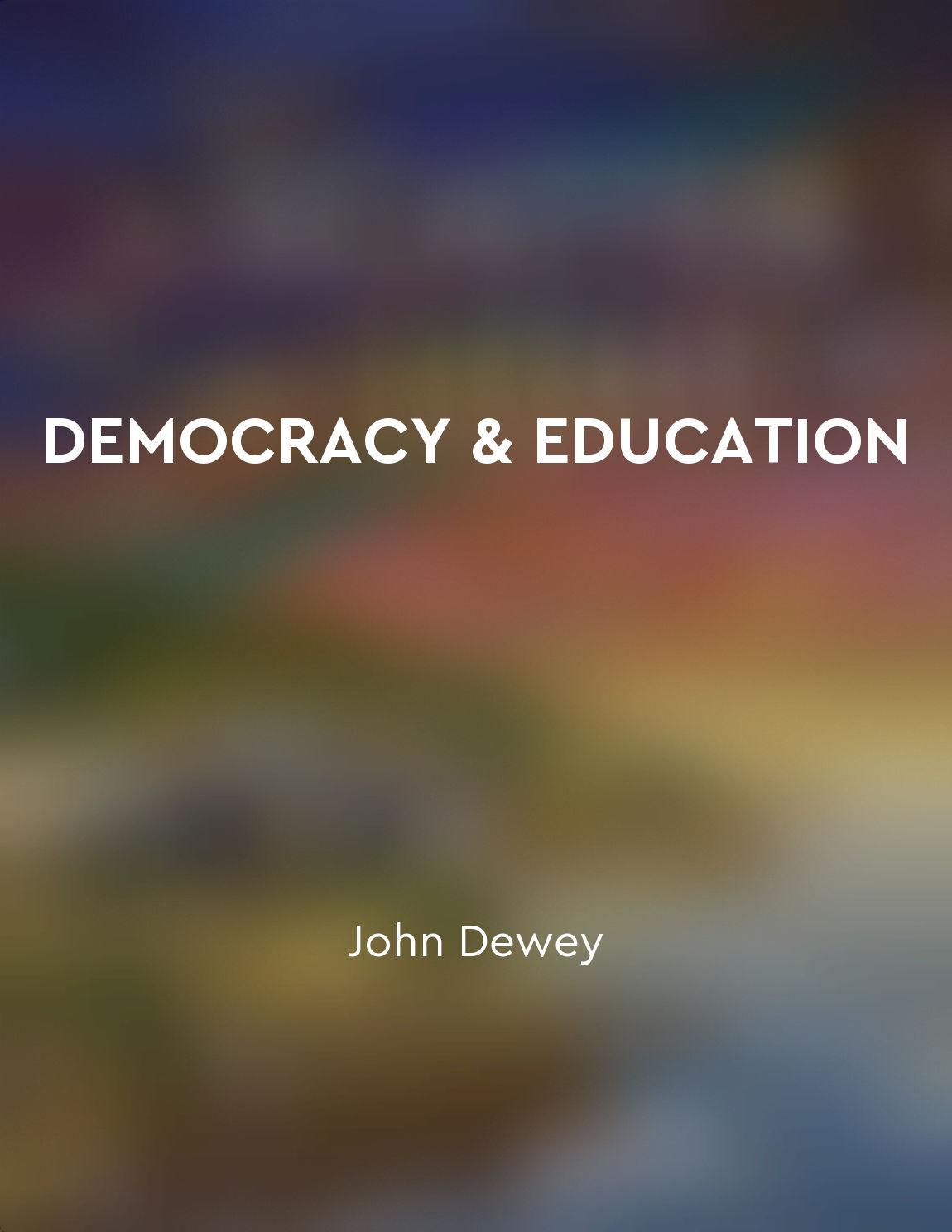Audio available in app
Empowering future generations to strive for change from "summary" of A Promised Land by Barack Obama
My hope was to inspire young people who might not otherwise see a place for themselves in politics, to see the power of their voices and the possibilities of their own potential. I wanted them to know that change was possible, that progress was not a straight line but a zigzagging journey full of setbacks and victories. I wanted to convey the idea that democracy was not a spectator sport, but a participatory one, that the future was not predetermined but could be shaped by their actions and choices. I believed in the transformative power of hope, in the idea that ordinary people could come together to do extraordinary things. I wanted to remind them that the arc of the moral universe may be long, but it bends towards justice, and that the work of building a more just and equitable society was never finished. I wanted to empower them to take up the mantle of leadership, to be the change they wished to see in the world. I wanted to instill in them a sense of responsibility, a recognition that the future was theirs to shape and that they had a duty to leave the world better than they found it. I wanted them to understand that progress was not inevitable, that it required dedication, perseverance, and a willingness to stand up for what was right. I wanted them to see that the struggles of the past were not in vain, that the sacrifices of those who came before had paved the way for a better future. I wanted to challenge them to think critically, to question authority, and to hold their leaders accountable. I wanted them to see that change was not a top-down process, but one that could be driven from the grassroots up. I wanted them to realize that they had the power to make a difference, to shape the course of history, to leave a lasting impact on the world.Similar Posts
Contrast between hardness and softness
Throughout the novel, the theme of contrast between hardness and softness is evident in the characters, setting, and overall to...
Teach conflict resolution and negotiation skills
Learning conflict resolution and negotiation skills is essential for children to navigate the complexities of social interactio...

Lead with integrity and authenticity
Leading with integrity and authenticity means being true to yourself and your values in every interaction, decision, and commun...
Educational policies impact power dynamics within schools
The ways in which educational policies influence power relationships within schools are complex and multifaceted. These policie...
Utilizing the power of storytelling and play
One way to foster a Yes Brain is by harnessing the power of storytelling and play. These two powerful tools can help children d...
Education can be a tool for social change and empowerment
Education is not just about acquiring knowledge; it is also a powerful tool for bringing about social change and empowering ind...
Celebrate small victories
In life, it's important to recognize and appreciate the small victories that come our way. These victories may not always be gr...

Misunderstandings arose from cultural differences
Throughout the narrative, it becomes evident that many of the conflicts and tensions that arise among the characters stem from ...

Schools should cultivate critical thinking
The cultivation of critical thinking within schools is a fundamental necessity for the development of a democratic society. Cri...
